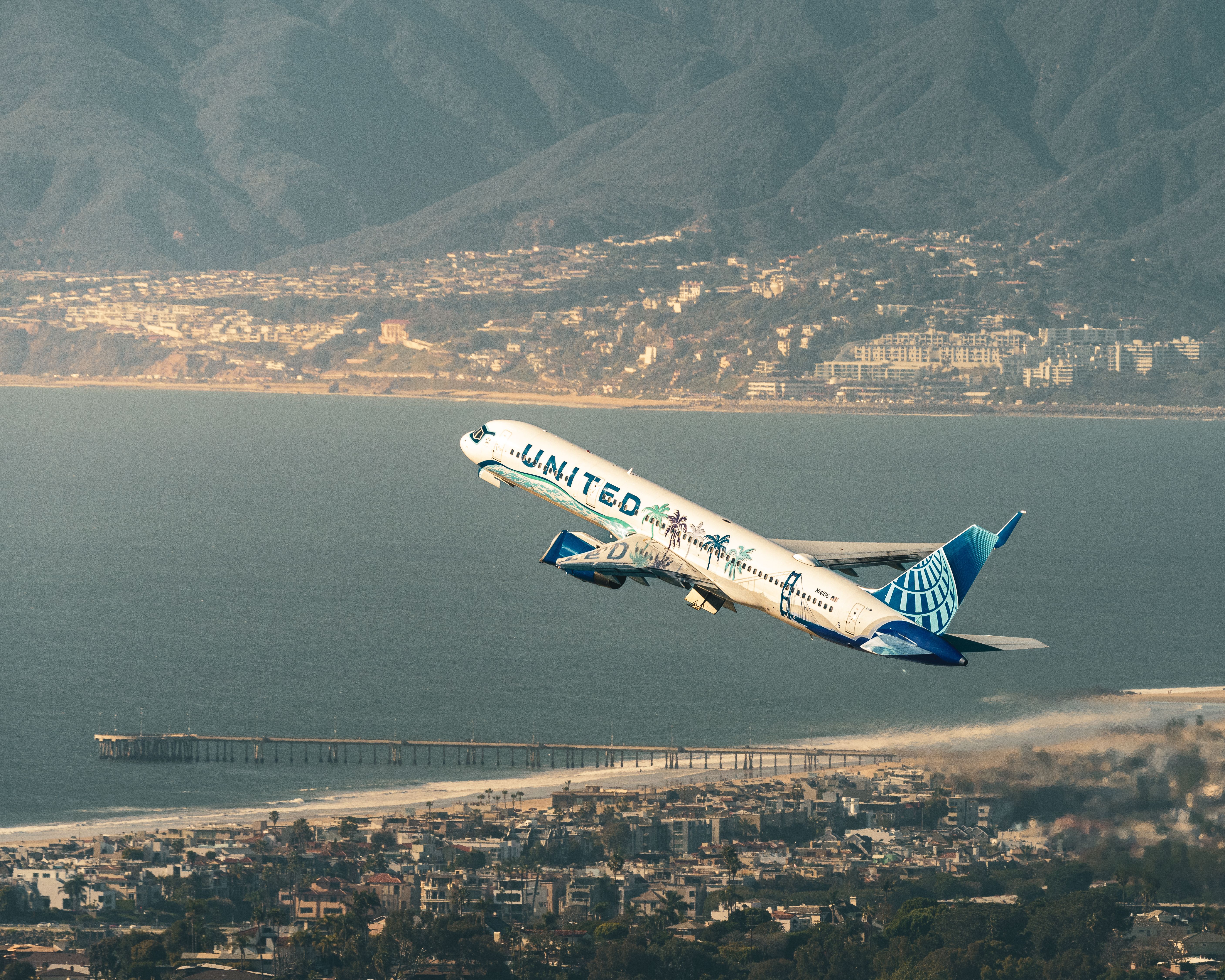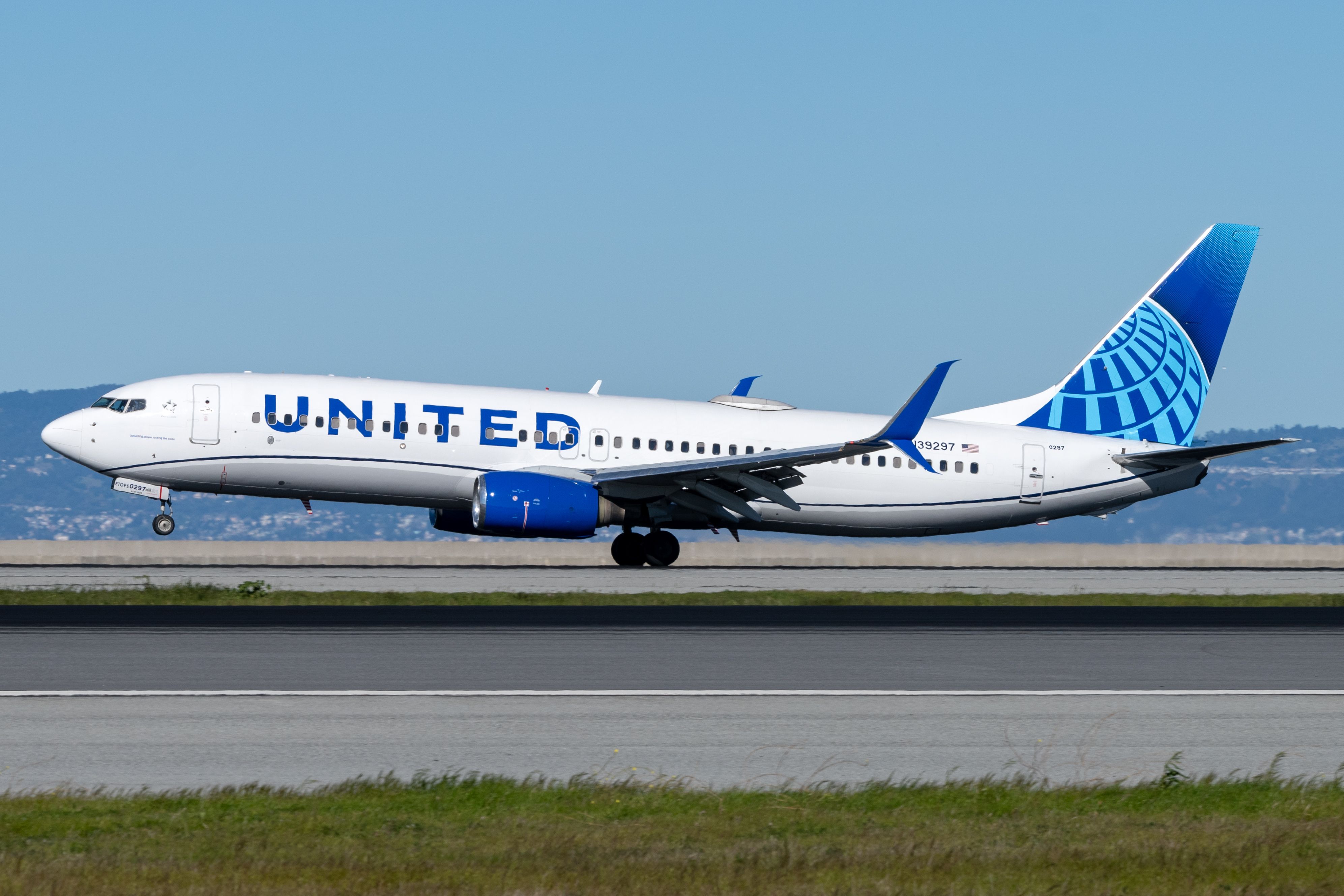The global aviation industry has been plagued by staffing issues, long passenger queues, mass flight cancelations, and delays for nearly half a year. Though passengers are undoubtedly sick and tired of the confusion that ruins the joy of flying, United Airlines Chief Executive Officer Scott Kirby warns that the headache of flying might continue till next summer.
Crumbling infrastructure
The temporary new normal has seen airports battling with limited workforce numbers and seemingly unlimited capacities as airlines strive to bounce back to profitability by ramping up flight schedules across their route networks. Both situations don't mix, and now, airports such as Amsterdam's Schiphol and London's Heathrow have started placing strict restrictions on flight and passenger numbers. Adding to the mix is the airline's staff shortages of their own and, when paired with airport capacity caps, being forced to cut flights to stop the overall infrastructure from collapsing completely.
Given how frail the aviation industry is currently, Kirby expects that though the situation will gradually improve, air travel is still not expected to return to a less-chaotic normal so soon. He comments:
“The biggest challenge that faces us probably for the next 12 months is all the infrastructure challenges around aviation. So we’re seeing progress across parts of the system. Our base assumption is though that it’s going to gradually get better and we’re not going to get back to normal utilization and normal staffing levels until next summer."
Further reductions
Despite its hiring sprees, United Airlines continues to be one of the many airlines involved in scheduling woes and is planning to cut flights for the remainder of the year to create more buffer space between systems and to ensure it remains resilient. The Star Alliance member airline is further reducing its capacity in the third quarter by at least 11% from the same quarter in 2019, intending to ease the burdens on passengers further. And seeing how Newark Liberty International Airport has been experiencing more delays than any other major US airport, United Airlines will also be cutting at least 200 flights from there.
As frustrating and financially upsetting it may be, Kirby emphasizes that canceling flights is the most significant precautionary move that United Airlines can make to help with the current chaos. He highlights:
"But you look at the mess in Heathrow, or some of the other challenges we’ve had with air traffic control or other things around the system, and the system can’t support our flying. So what we’ve done is pull our capacity back. All the costs are still there because we’re prepared to be a much bigger airline — we have the people to be a bigger airline — but we’re going to be a smaller airline until the system can support it."
And while it is at the expense of thousands of passengers, the schedule reduction from airlines has been working to stabilize the ongoing mess better. The acting head of the Federal Aviation Administration (FAA), Billy Nolen, mentioned that there had been signs of improvements, and overall delays have been going down. Nolen also highlighted that, although the number of cancellations coming from several airlines may seem a great deal, the statistics have shown that the rate of cancellations has been gradually improving month on month.
Future tips
Looking beyond the summer and into the winter holidays, passengers might be hoping that flying would be less of a hassle by then, given how things are evidently improving slowly. Still, Kirby is looking to avoid painting a false picture and is forecasting an equally reduced flight schedule during the next anticipated peak travel season. He advises:
"Unfortunately, there will still be fewer seats available around the whole system because the infrastructure around aviation can't support it. You should probably book early for Christmas. We're going to fly less so we can ensure reliability."
While it seems that United Airlines aims to keep the schedule reduction plan for the winter holidays, it remains uncertain if other airlines will follow suit. Should more airlines try and ramp up their winter schedules, the aviation industry could possibly be seeing a repeat of the current summer season, and perhaps the unchaotic normal of air travel might take longer to return, as Kirby suggests.
Source: Traveling Lifestyle

.jpeg)

-N2250U.jpeg)
